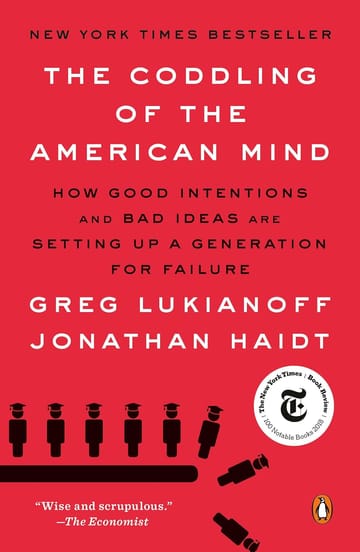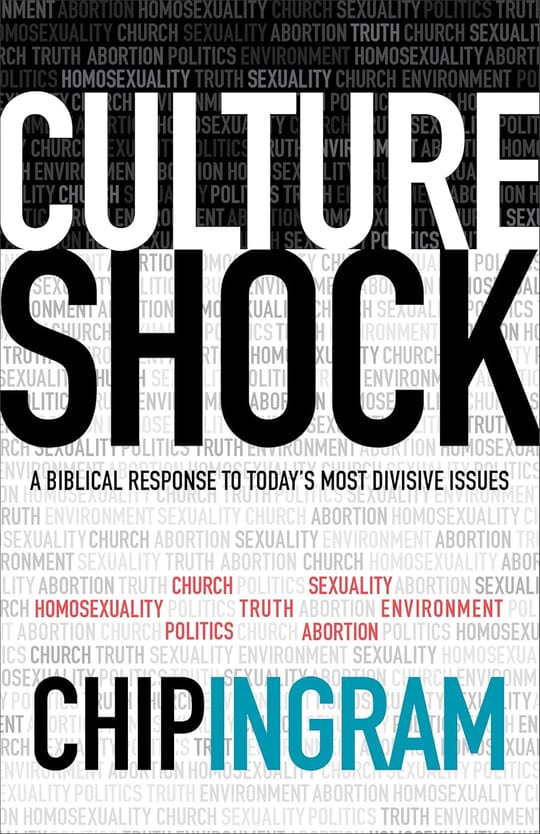Question: Is there anything wrong with Christians being cremated?
Short answer: No. It is a matter of preference. There is nothing in the Bible that explicitly prohibits cremation.
Is Cremation an Acceptable Option for Christians?
The topic of cremation often sparks questions for Christians. Traditionally, burial has been the more common choice, especially in Christian circles, as it reflects the burial practices seen in the Bible. However, cremation is becoming increasingly popular. Many believers wonder: Is cremation acceptable for Christians? Can it align with Biblical teaching? Let’s explore these questions through the lens of Scripture and faith.
What Does the Bible Say About Burial and Cremation?
The Bible does not explicitly command burial or prohibit cremation. Instead, it provides examples of burial as a common practice. For instance, Abraham buried Sarah in a cave (Genesis 23), and Joseph was buried after his body was embalmed (Genesis 50:26). Even Jesus was laid in a tomb following His crucifixion (Matthew 27:59-60). These examples, however, reflect the cultural practices of the time rather than a divine mandate.
One reason burial is often associated with Christian tradition is its symbolic connection to the resurrection. Paul writes in 1 Corinthians 15:42-44 that the body is sown perishable but raised imperishable. Burial, for many, serves as a metaphor for the hope of resurrection. However, this does not mean cremation invalidates that hope. God’s power to resurrect is not contingent on the state of a person’s remains. Whether a body has decayed over centuries, been lost at sea, or reduced to ashes, God’s ability to restore life remains unchallenged (Ezekiel 37:5-10).
Understanding the Heart of the Matter
Ultimately, Scripture emphasizes the heart's condition over the body's condition. Romans 14:8 reminds us, “If we live, we live for the Lord; and if we die, we die for the Lord. So, whether we live or die, we belong to the Lord.” This passage underscores that our relationship with Christ matters far more than the method of body disposition.
Additionally, Psalm 103:14 says, “For he knows our frame; he remembers that we are dust.” This verse highlights the temporary nature of our physical bodies. What matters most is the soul's eternal destiny, not the body's physical state after death.
Cultural and Practical Considerations
In modern times, practical considerations often influence the choice of cremation or burial. Cremation can be more affordable, environmentally friendly, and logistically feasible, especially in urban areas with limited burial space. Such practicalities are not at odds with Christian faith. Proverbs 16:9 reminds us that while “The heart of man plans his way, the Lord establishes his steps.” Thoughtfully considering one’s circumstances and priorities is part of living wisely as a follower of Christ.
On the other hand, many people have a problem with the thought of not having a place to go to "be with" their loved ones after they have passed away. This is where a grave or grave marker can be helpful. It is crucial to consult your family before making this decision. They are the ones who will still be here once you have passed on to be with Jesus. If they need a grave marker as a physical symbol of you, perhaps consider compromise.
A Matter of Personal Conviction
Paul’s teaching in Romans 14 offers valuable guidance: “One person considers one day more sacred than another; another considers every day alike. Each of them should be fully convinced in their own mind” (Romans 14:5). This principle can be applied to cremation. Christians should prayerfully seek God’s guidance and act according to their conscience, free from judgment or pressure from others.
BOTTOM LINE...
Cremation is not prohibited in Scripture, nor does it compromise the hope of resurrection. Choosing between cremation and burial ultimately depends on personal preference, guided by faith, practical considerations, and cultural contexts. As Christians, we can rest assured that our eternal hope is secure in Christ, regardless of how our earthly remains are handled. Whether we choose burial or cremation, we can trust that “the Lord himself will descend from heaven, with a loud command, with the voice of the archangel and with the trumpet call of God, and the dead in Christ will rise” (1 Thessalonians 4:16).









